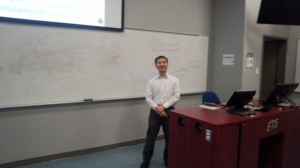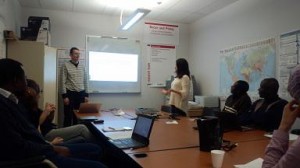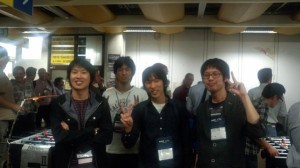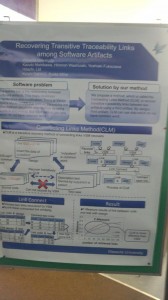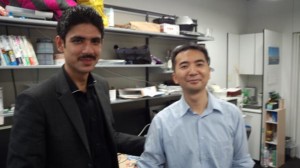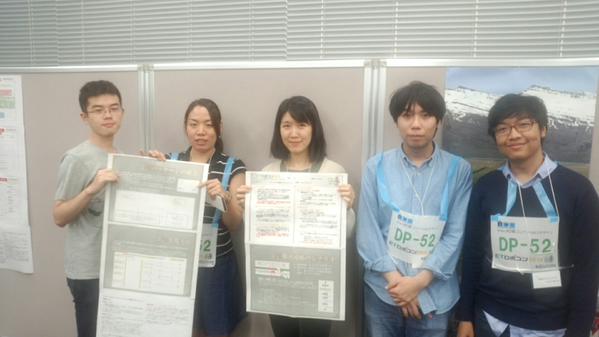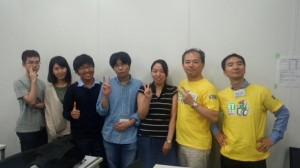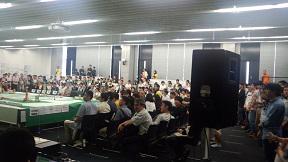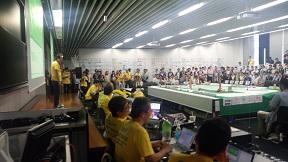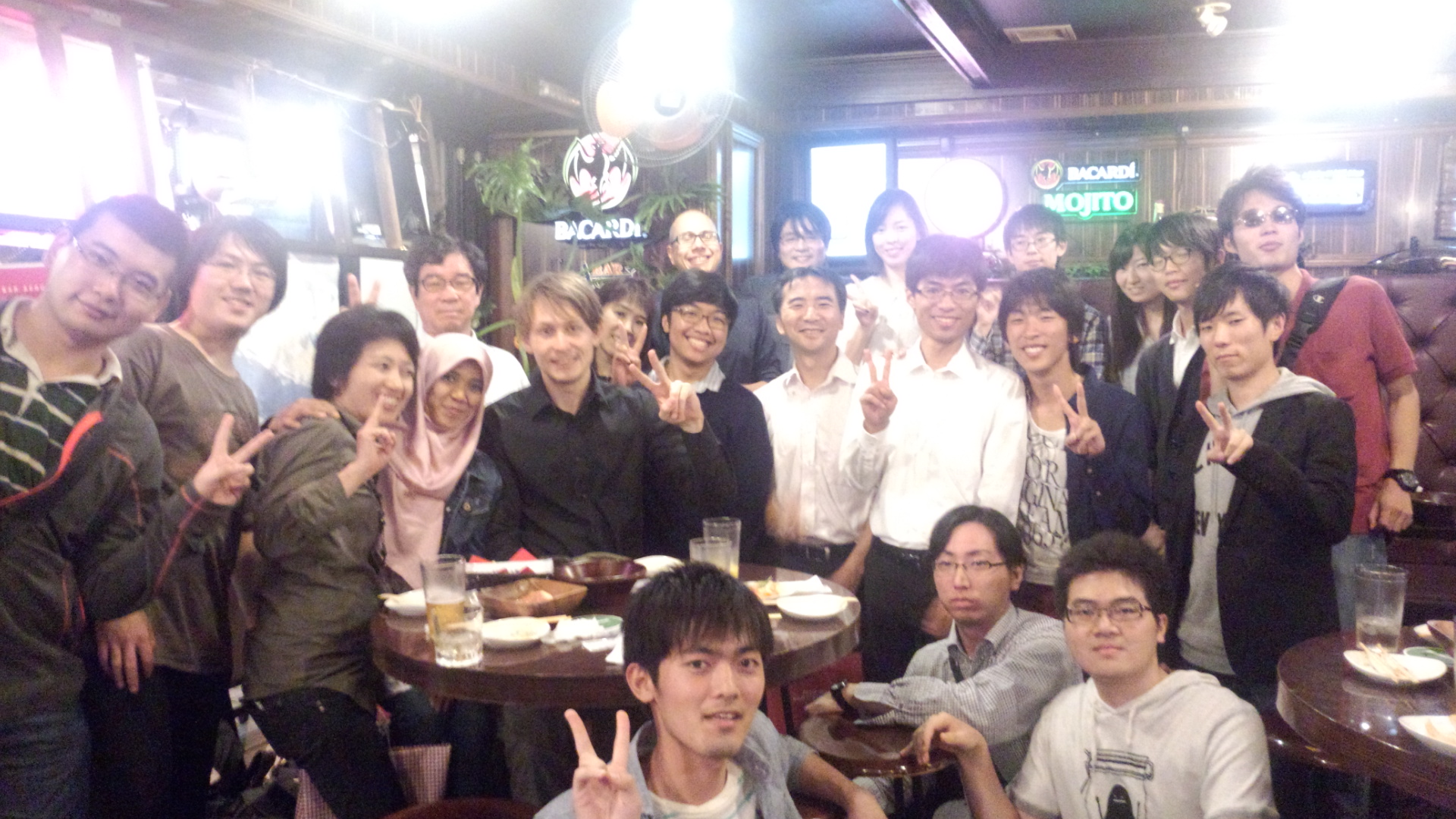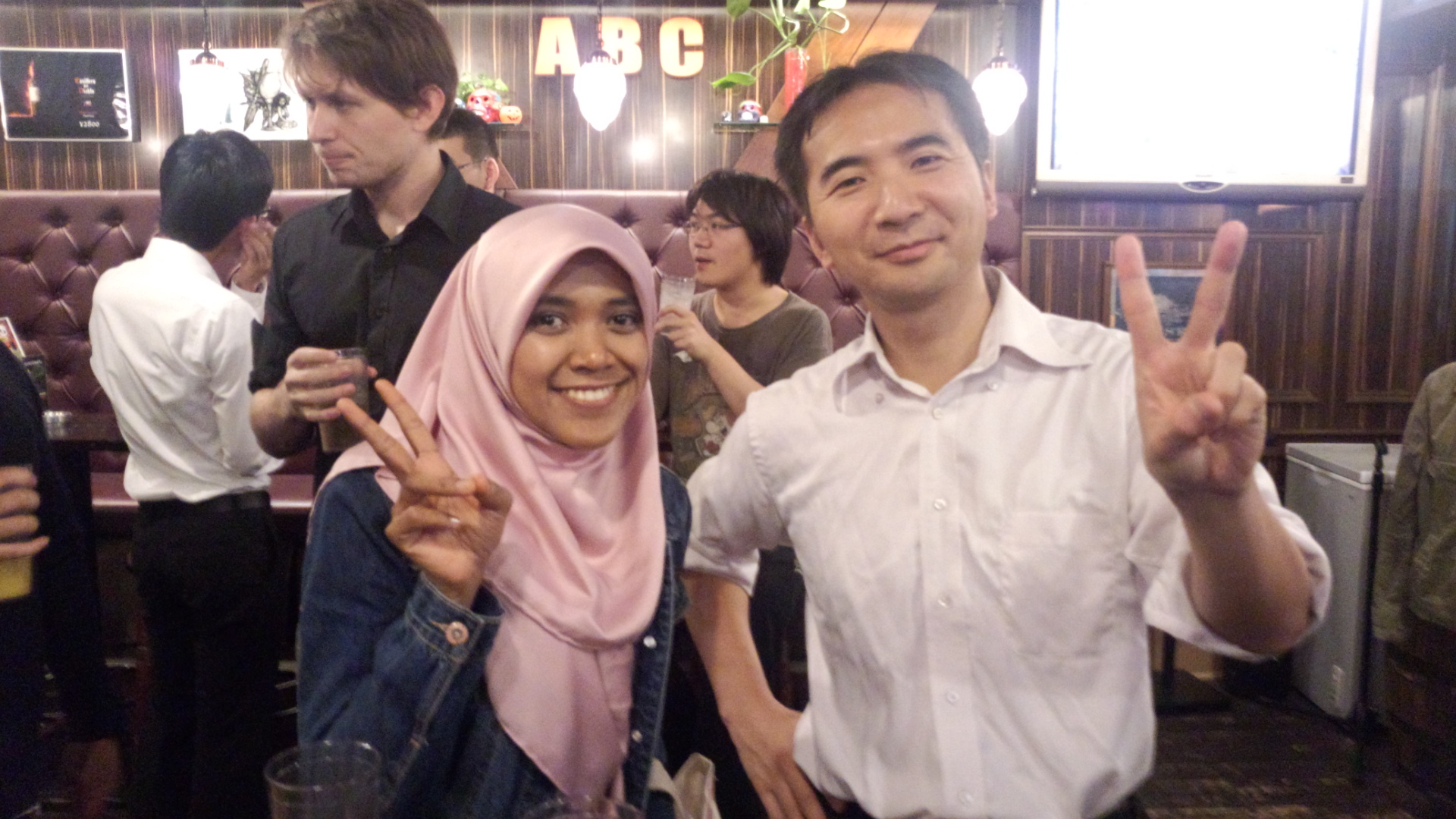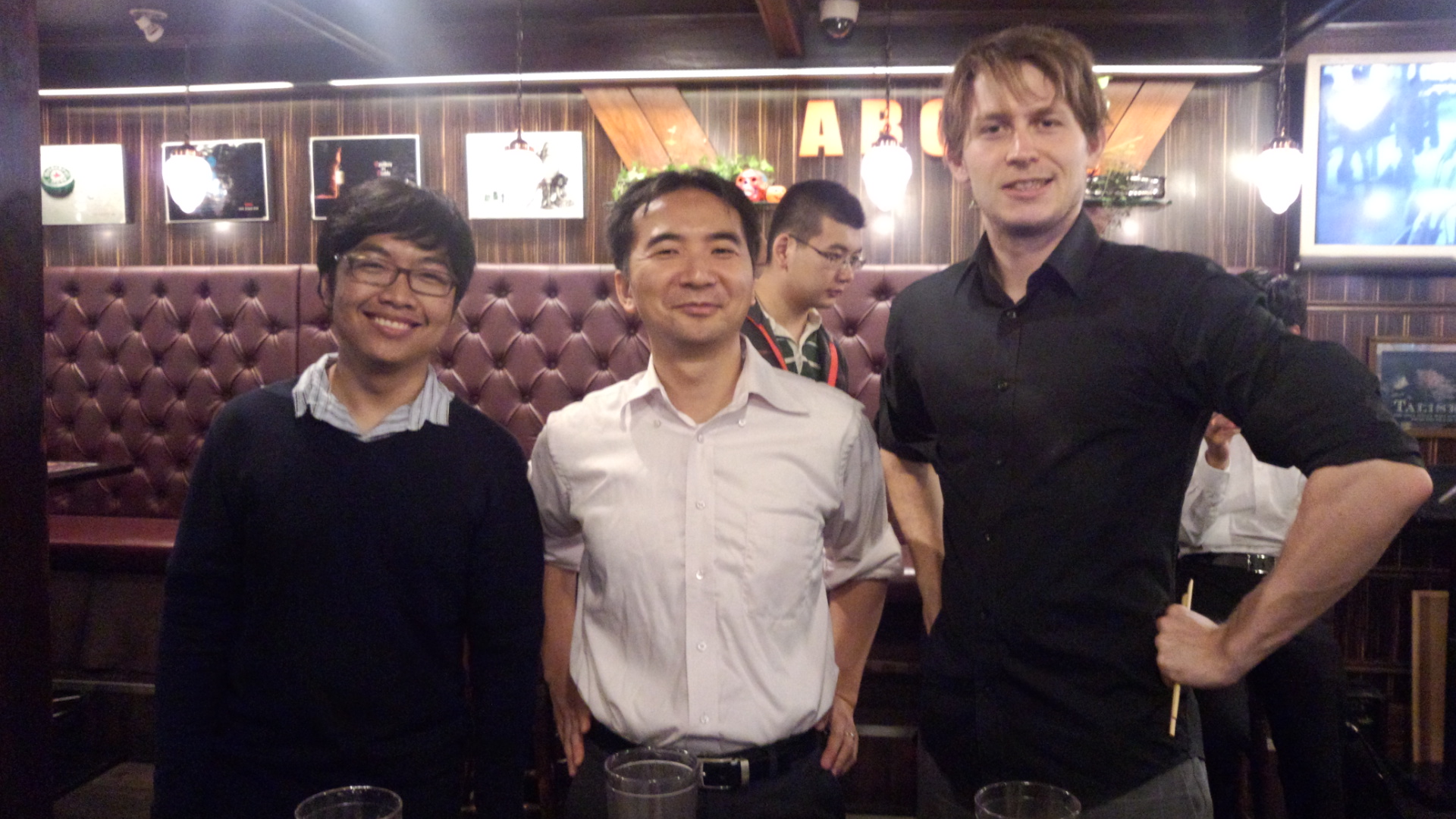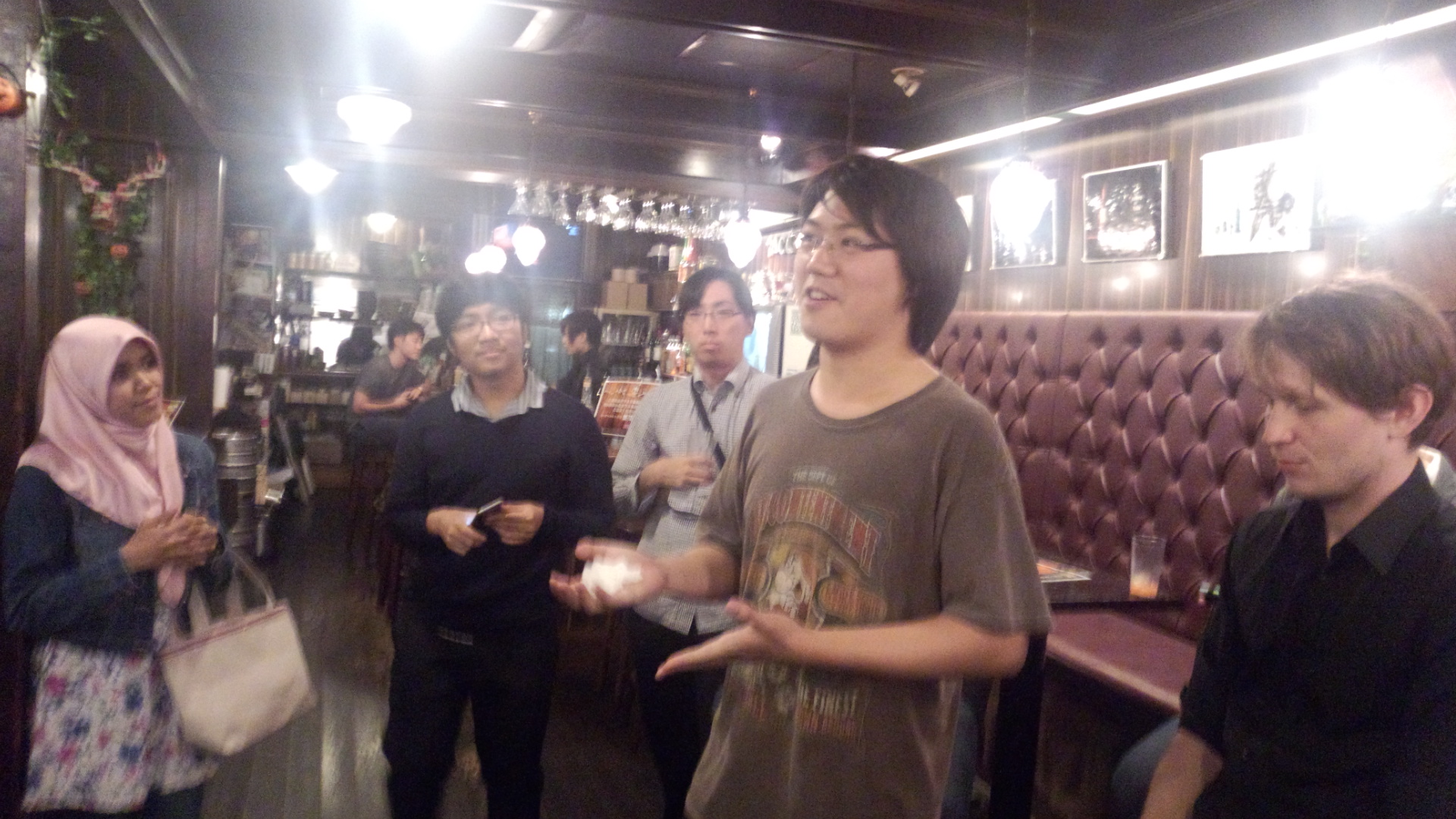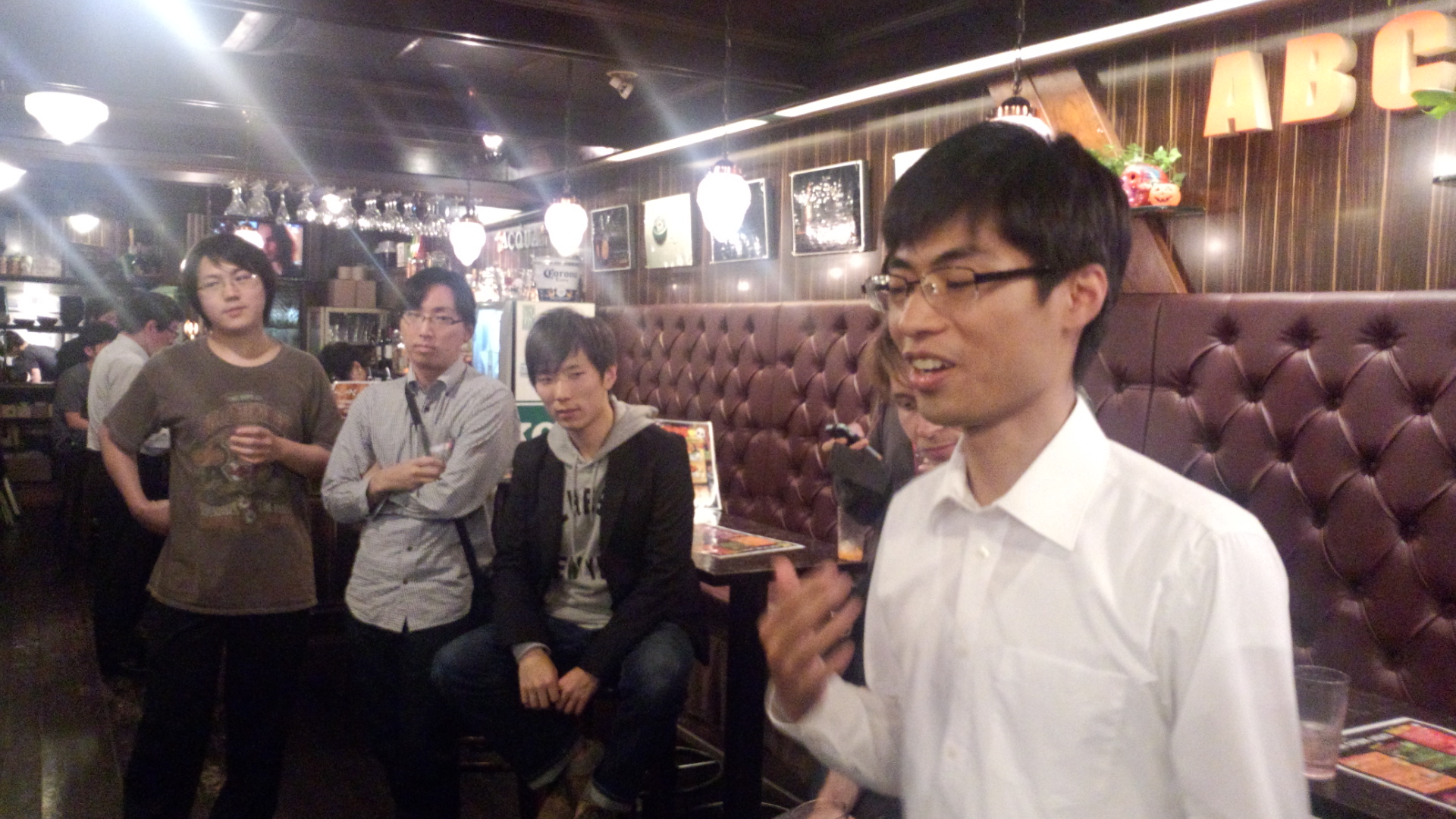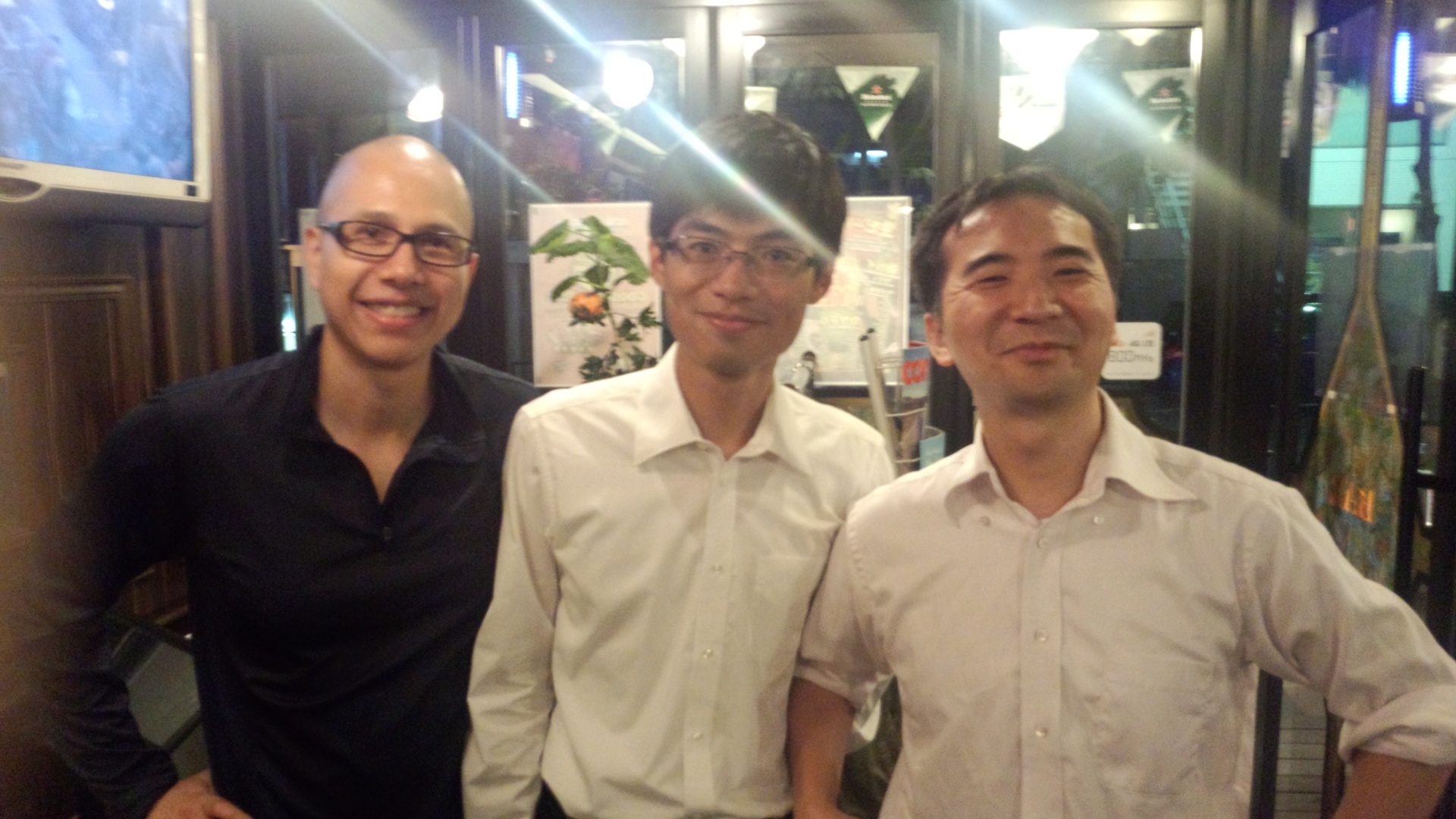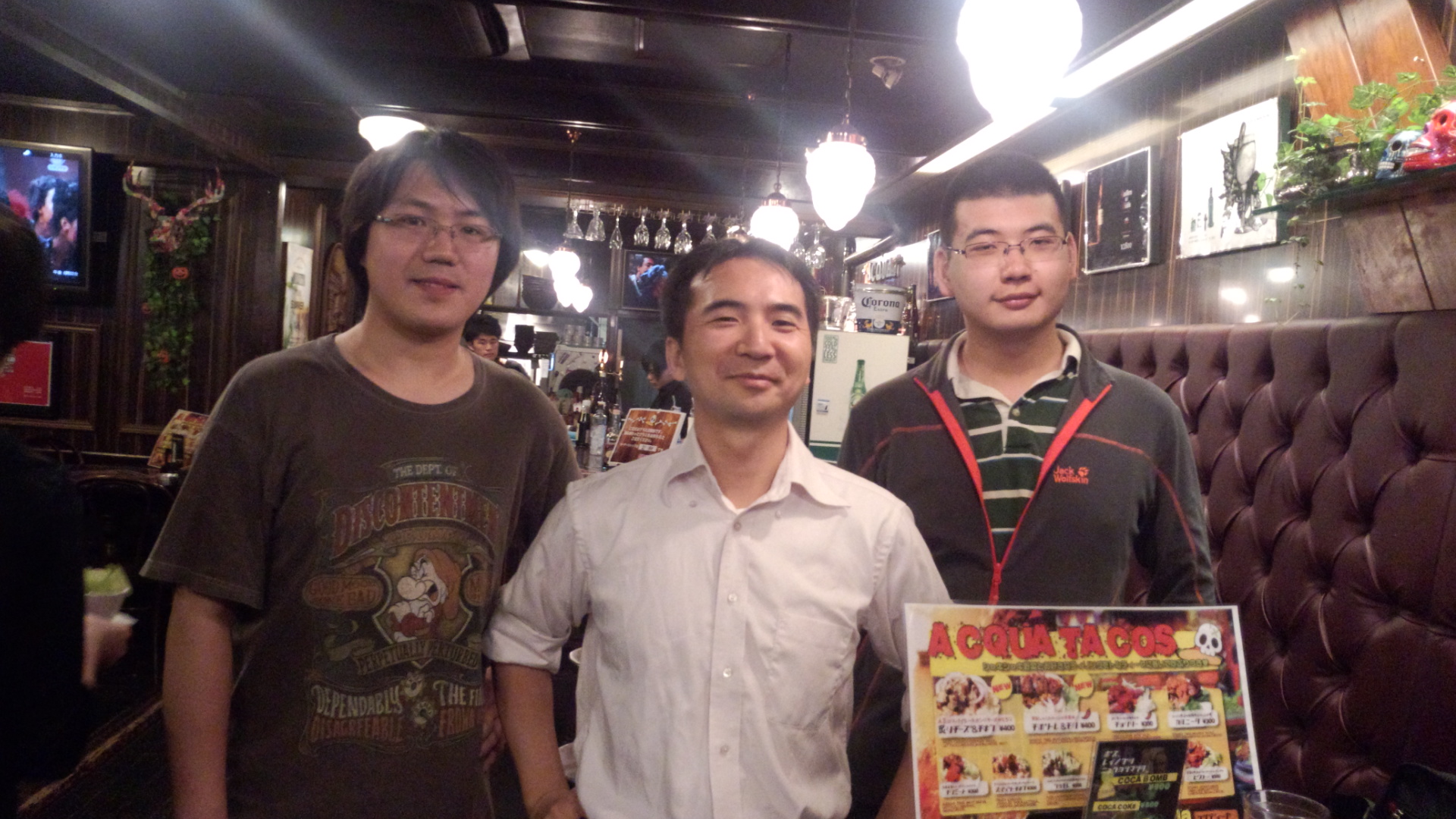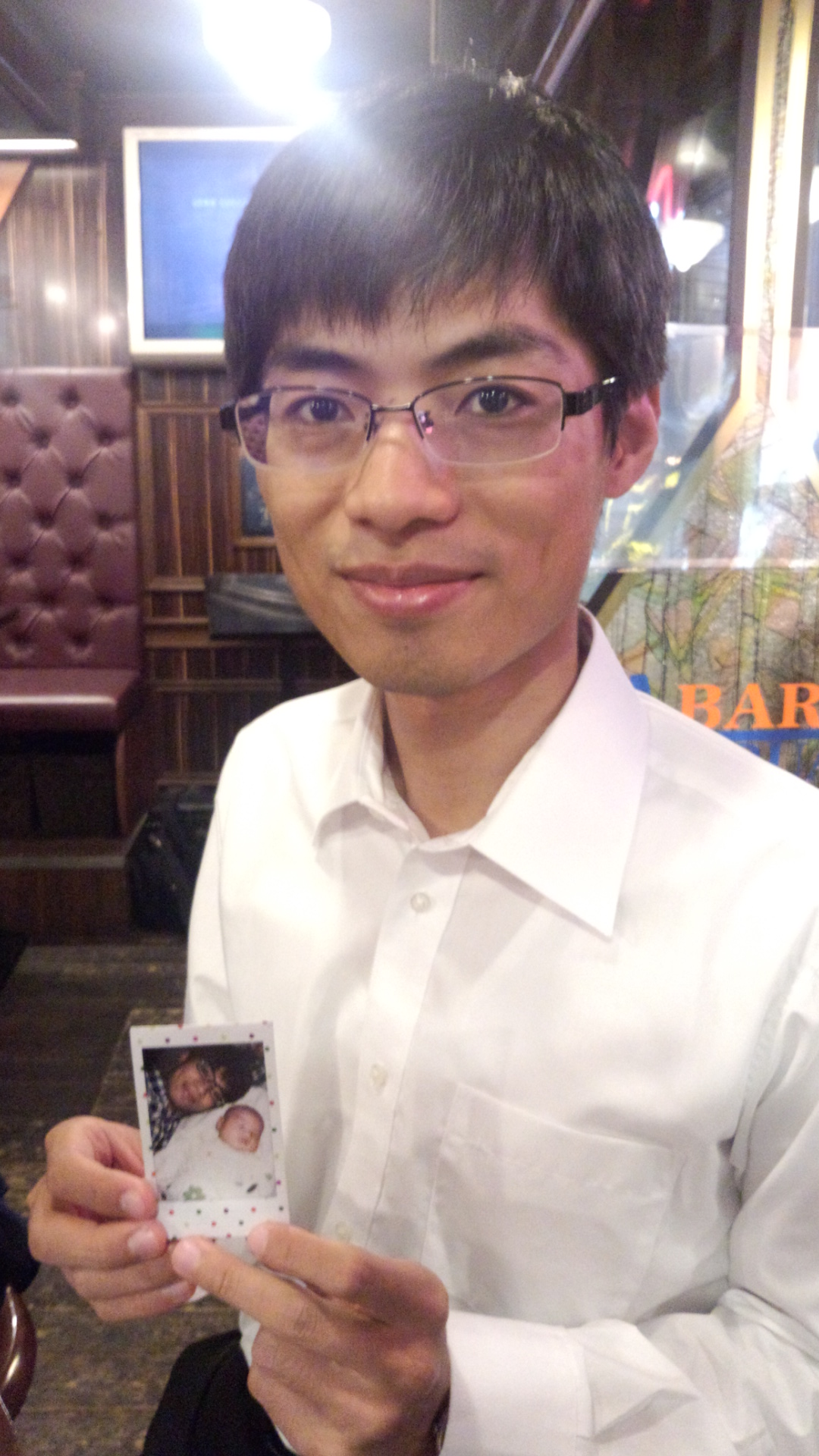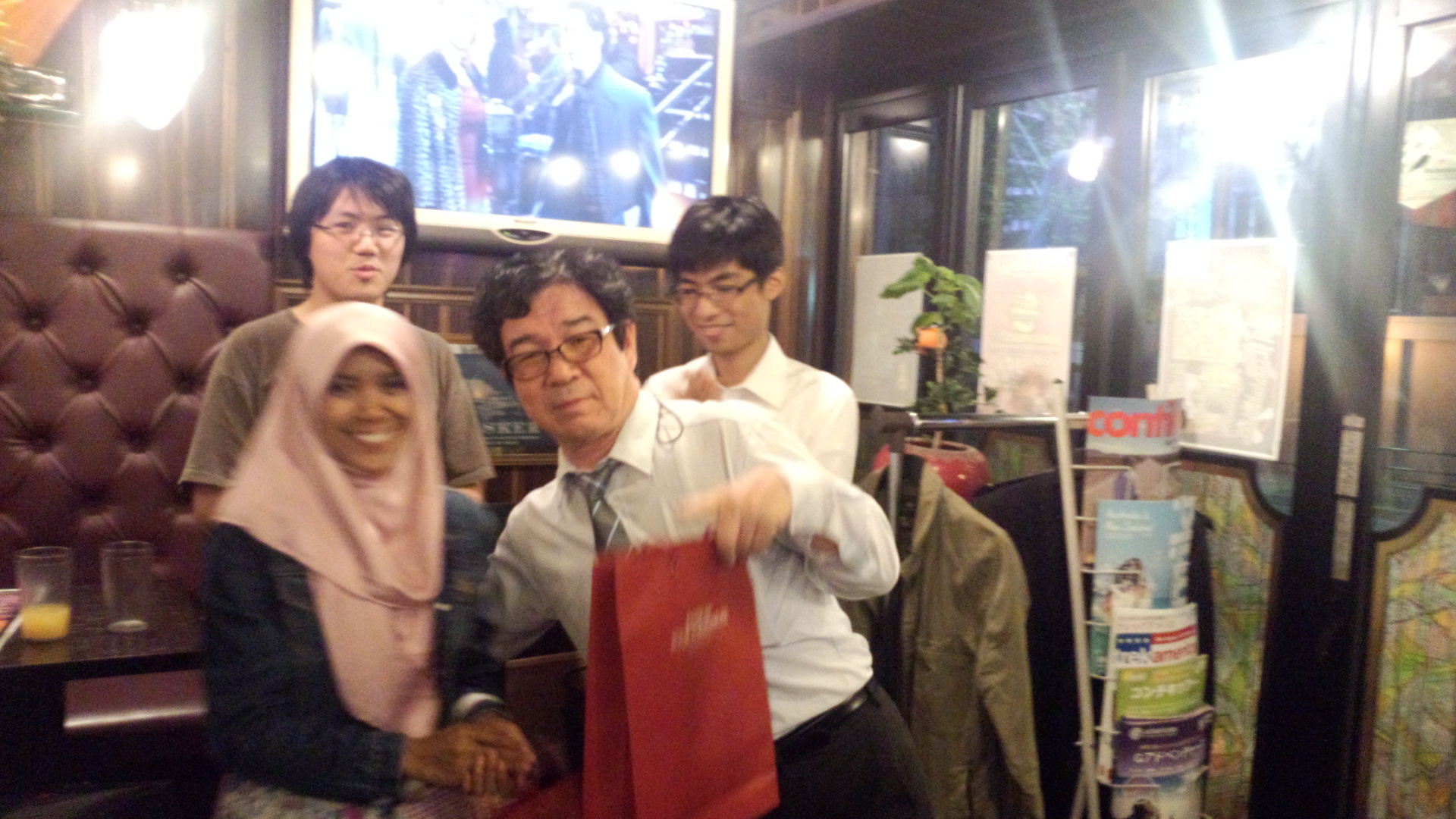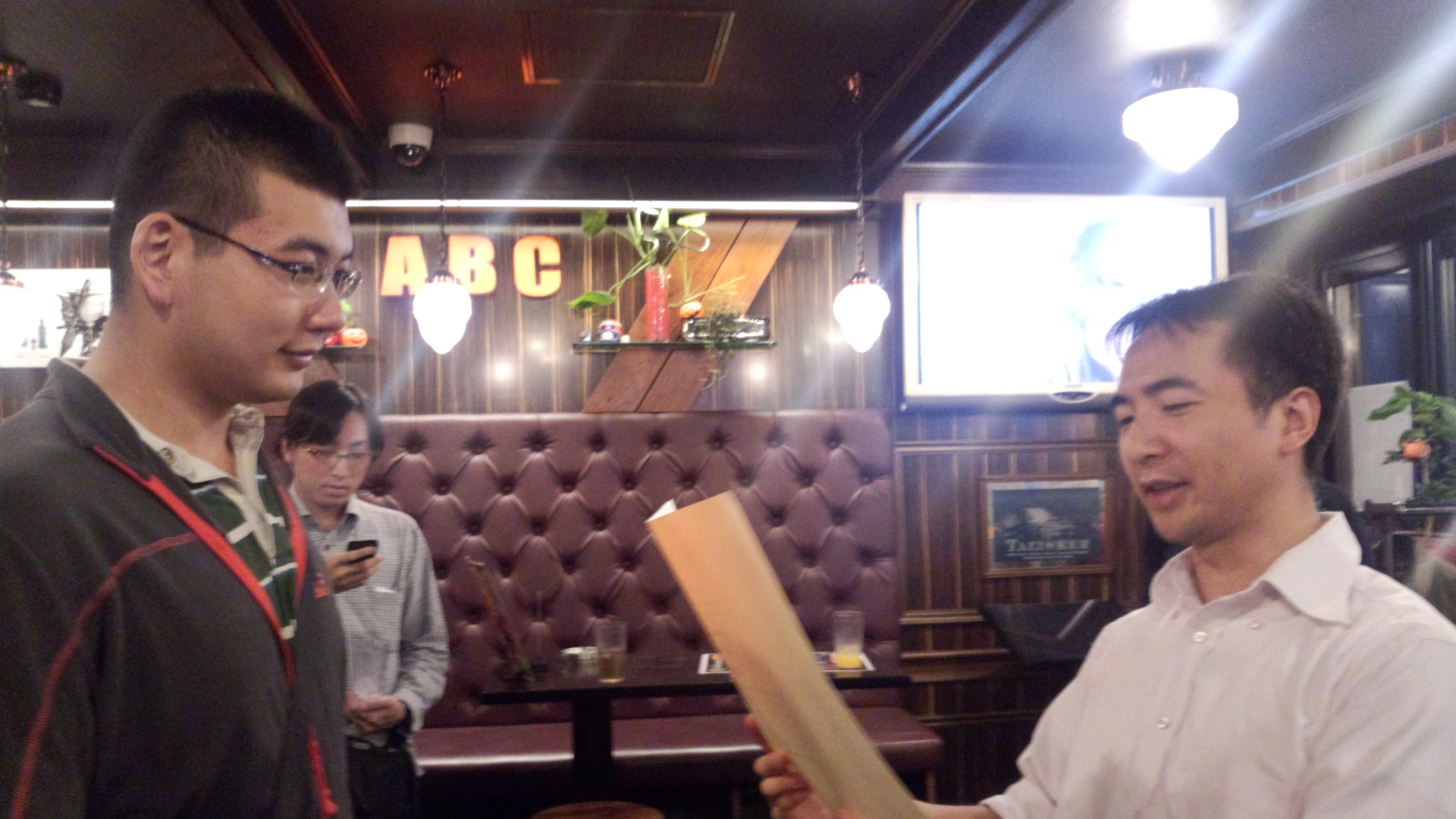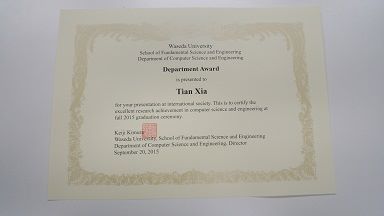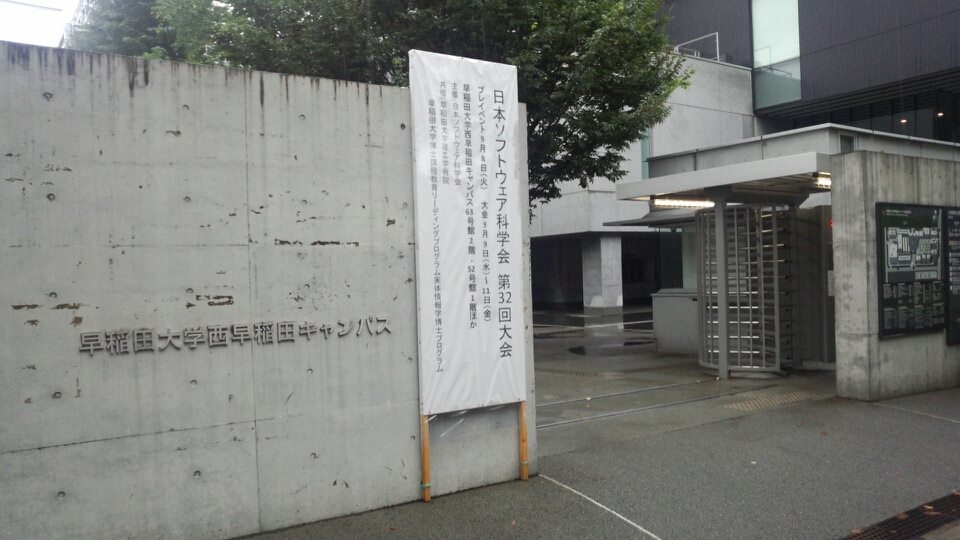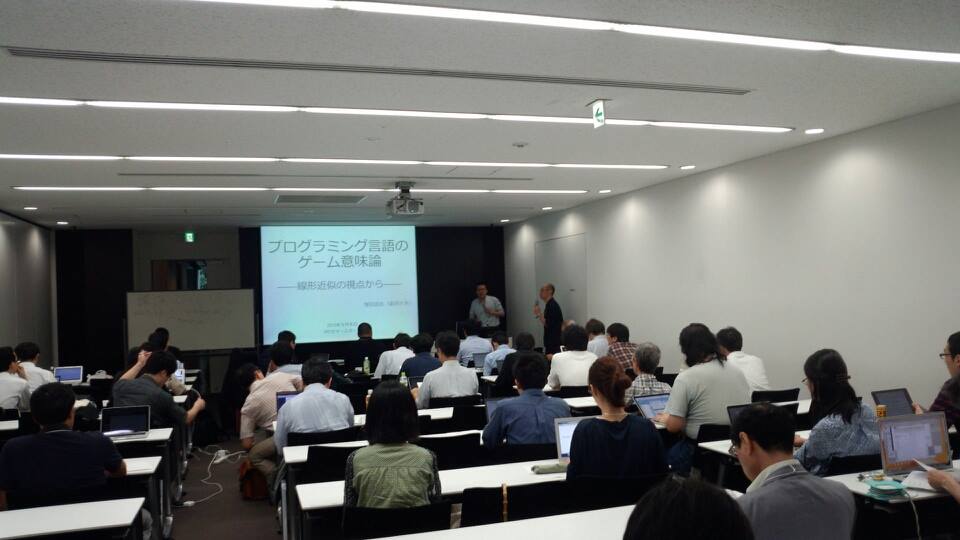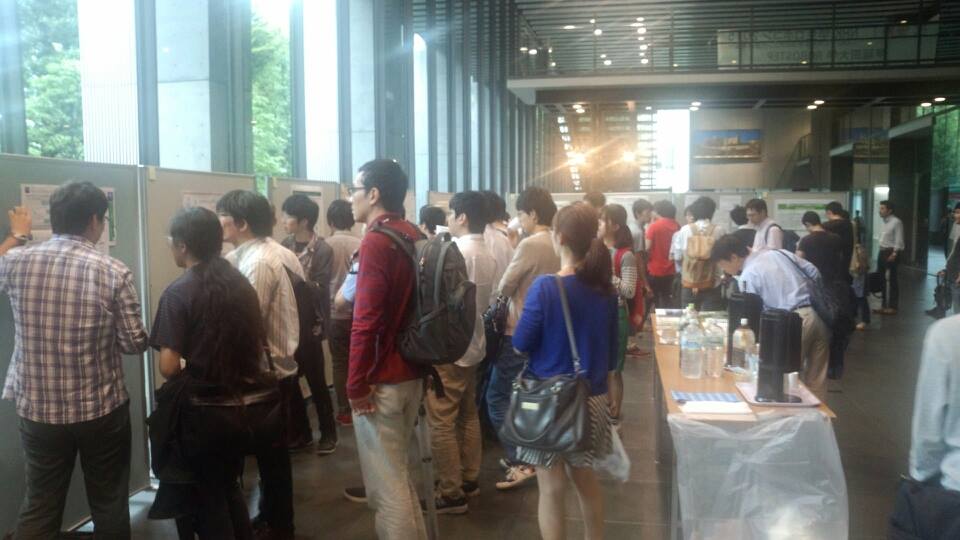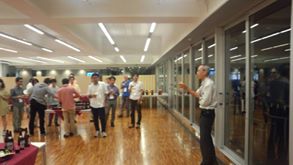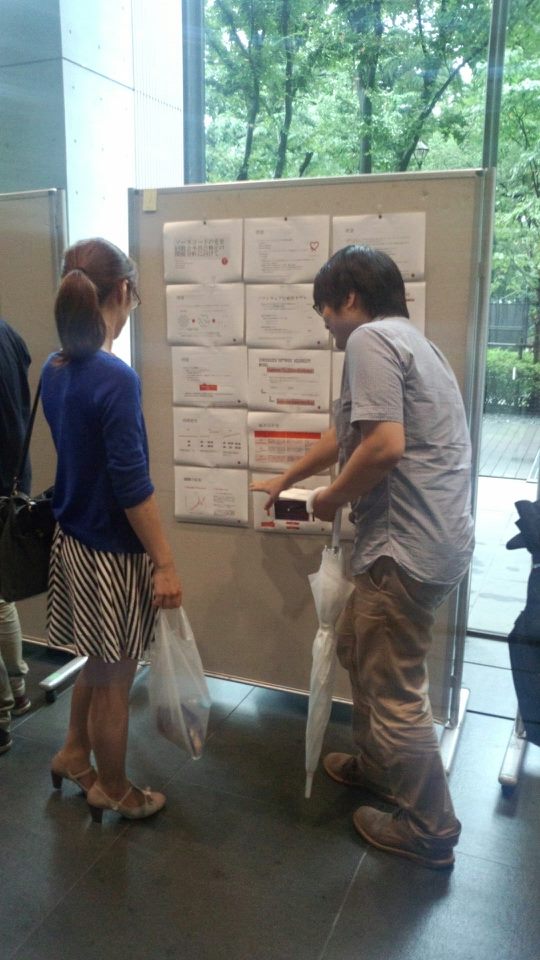Kiyoshi Honda�, Hironori Washizaki�, Yoshiaki Fukazawa�, Kazuki Munakatay, Sumie Moritay, Tadahiro Ueharay, and Rieko Yamamoto, “Detection of Unexpected Situations by Applying Software Reliability Growth Models to Test Phases,” Proceedings of the 26th IEEE International Symposium on Software Reliability Engineering (ISSRE 2015), Industry Track, GAITHERSBURG, MD, USA, NOVEMBER 2–5, 2015. (to appear) (CORE Rank A)
In software development, software reliability growth models (SRGMs) often provide values that do not meet expectations; sometimes the results of the SRGM and the actual data disagree and other times the SRGM overestimates the expected values. The former often occurs in model curves and the predicted number of faults. For example, the software reliability growth curve cannot describe the situation where developers stop testing multiple times because the equations in SRGMs cannot treat such information. The latter can arise when the total number of expected faults is 100, but the SRGM indicates 1000. If developers encounter such situations, they often doubt the SRGM results and hesitate using SRGMs for predictions. In this study, we apply two different cases of SRGM. Two projects of Fujitsu Labs Ltd. are analyzed using SRGM either for the entire dataset or each test phase. Based on the results and interviews with the developers, we found that the model using separate test phases provides a better fit because faults counted in each test phase have different viewpoints and the deviation between SRGM and expectations indicates a problem with development.
